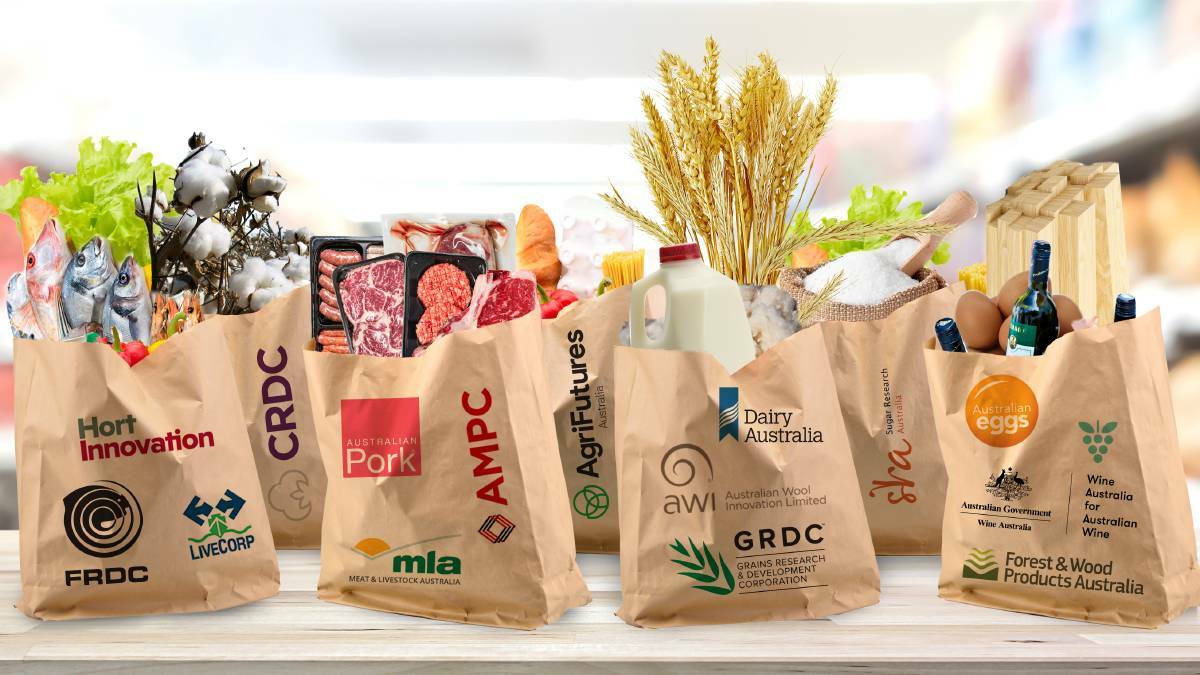
A plan to transform the compulsory agricultural levies could result in more power being placed in the hands of industry bodies.
With a number of the parliamentary laws surrounding the agricultural levies set to expire in 2023, the Department of Agriculture has initiated a project aimed at introducing new governing legislation by 2021.
The department has stated its aim is to modernise and streamline the levies legislation, ensuring it is efficient, responsive and flexible enough to meet industry needs, and reduce inconsistencies currently in the legislation.
Beginning with a consultation period, the department has opened an online feedback portal, as well as making public a number of documents, including an early assessment regulation impact statement.
According to the impact statement, the department has ruled out remaking the current legislation, ultimately continuing the status quo, and instead seeks to transform the levies legislation.
The statement details planned changes, including consolidation of the current levy collection Acts, and changes to legislation regarding levy recipients, the 15 research and development corporations, Animal Health Australia, Plant Health Australia and the National Residue Survey.
Specifically the statement mentions the potential use of 'minister's rules' rather than parliamentary legislation in managing operational levy details, opening the door for industry bodies to change which commodity a levy applies to, the rate of the levy and who must pay the levy without seeking a change to the legislation.
"Routine rule-making powers, such as changes to how often returns must be lodged, could be given to the Secretary of the Department of Agriculture," the statement said.
"This would enable changes requested by industry to be made more quickly. New legislation could simplify the calculation of government matching funding for research and development. The relevant formula could be placed in either regulations or rules.
"Maximum levies limits could be removed, allowing greater flexibility for industry to change levy rates.
"A streamlined industry representative body legislative instrument could contain the names and descriptions of the roles of industry representative bodies for improved consistency and transparency."
A 2016 department commissioned report conducted by Acil Allen Consulting into the agricultural levies system found overall stakeholders were supportive to changes to levy legislation.
"Most stated that levies are a powerful force to improve industry cohesiveness, despite the political and administrative challenges, and they would be worse off without them," it said.
"This is also reflected in continued demand from industry to establish more and more levies."
In addition to online submissions, the department said the first round of face-to-face consultation is underway with levy recipient bodies.
A second round of face-to-face consultations, focusing on industry representative bodies and collection agents, is planned to begin in early 2020.


